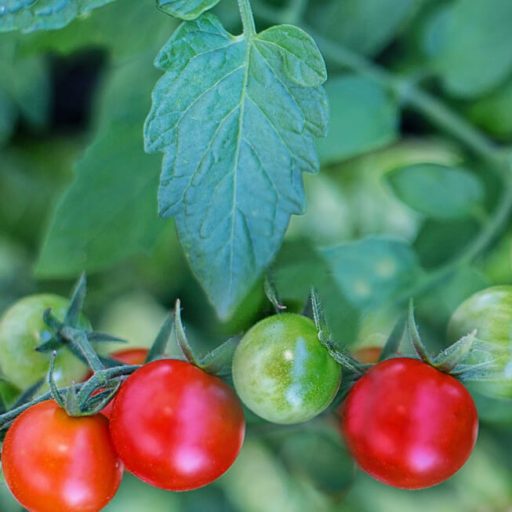
This week, I am taking my first baby steps towards year-round gardening. I learned from 2 very traditional (master) gardeners: my mother and my maternal grandfather. Every Spring, they would plan and plant a large (roughly 1/4 acre, in-ground, Spring/Summer garden for each of them. They would then enlist our help with weeding, watering, harvesting, canning, freezing, dehydrating the harvest over a span of 4-6 months. While this method worked for our family for a number of years, I have discovered some strategies that spreads the harvest out over more like 8-10 months of the year, requiring less canning, freezing and dehydrating and more fresh produce year-round. Mom and Grandpa’s ways of gardening were certainly not “wrong,” but since I live in a mild enough climate to take advantage of a twice-as-long growing season, why wouldn’t I?
3 strategies that I am using to upgrade my gardening skills are:
- 1. direct sowing in raised beds- the raised beds are in a fence, so I am finding that in addition to using trellises for vining crops, I can allow them to grow over the sides of the beds and hang down, thus leaving more space for planting more things in the beds. Also, direct sowing whenever possible eliminates the damage trauma to the roots that occurs when transplanting seedlings. I am still planting some seedlings right now because I am mid-install of a 3rd bed and want to have something ready to plant when it is finished.
- 2. succession planting- I am beginning a round of succession planting, particularly of root vegs and leafy vegs that don’t transplant well, lettuce, carrots, radishes, beets, onions. Since most of them have a 40-60 day maturation period, planting a new row or 2 of each every 2 weeks or so will help me to have a continuous harvest of these staples throughout a longer growing season.
- 3. companion planting- now that my corn has a good, solid start (I got it planted VERY late initially…) I have direct-sowed some summer squash seeds to fill in all that empty space in the bed. As the squash grows and matures, it will choke out any weeds that try to come up between the corn, and the corn will provide some indirect shade to prevent the squash from burning. As I continue to develop my garden, I will be pairing the herbs- cilantro, dill, sage, rosemary, thyme, oregano- with the plants that thrive the best next to them and for which they provide some protection from pests. My basil is ENORMOUS and surrounded by some very happy tomatoes, both cherry and romas.
